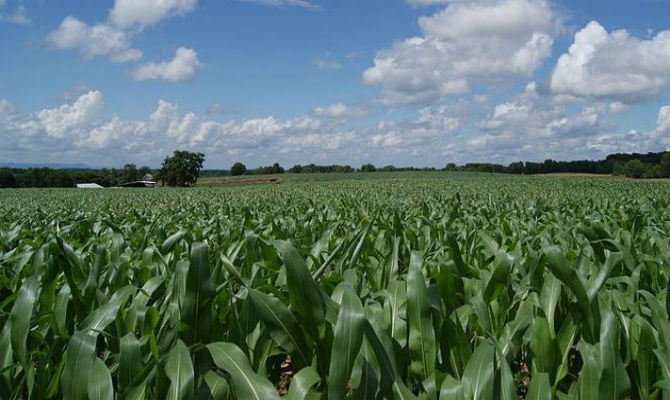Monsanto GMO's: What Monsanto Has To Say
Monsanto is in the GMO business. They spend their time tweaking the genetic makeup of crops in order to make them more profitable and more resistant to insects, disease, and harsh weather conditions. They sell seeds (both genetically modified and non-genetically modified) to farmers around the world. GMOs are one of the most divisive topics of the day, and Monsanto is one of the most divisive companies, so the organization needs to really walk a tightrope when addressing people's not-unfounded concerns about genetic modification. We paid a visit to Monsanto's Food Safety page, and they had some interesting things to say about their role. Here are condensed answers to some of the most frequently asked questions:
Are foods and ingredients developed through biotechnology (or GMOs) safe to eat?
Yes. Plants and crops with GM traits have been tested more than any other crops — with no credible evidence of harm to humans or animals.
As consumers ourselves, we place the highest priority on the safety of our products and conduct rigorous and comprehensive testing on each. In fact, seeds with GM traits have been tested more than any other crops in the history of agriculture — with no credible evidence of harm to humans or animals.
Can consumers avoid GM foods in the grocery store if desired?
Yes. Consumers can look for and choose those products that are labeled "certified non-GM product" or "certified organic" products.
Are foods and ingredients developed from genetically modified (GM) crops labeled?
Within the United States, the FDA requires the labeling of ingredients. If there is a meaningful difference in the safety, composition or nutrition of the crop from which the ingredients were derived, the FDA could require additional information be added to the label. This is not the case for GM ingredients. Recently the American Medical Association re-affirmed that there is no scientific justification for special labeling of foods that contain GM ingredients
Has anyone studied the long-term health effects of GM crops (GMOs)?
Many studies are conducted to assess health effects of GM crops.
Since farmers first began growing biotech crops in 1996, there has been no credible evidence of harm to humans or animals.
Is food grown with or developed from biotech seeds contributing to allergies in America?
The process of GM development has safeguards to prevent the introduction of new allergens. There is no evidence of any new allergens being introduced in GM foods.
I've seen reports of studies showing GM crops are safe and others saying they aren't. Who and what do I believe?
It's true that there is a lot of conflicting information out there. But when it comes to the scientific community that has studied the issue, there really isn't any conflict — the broad consensus among scientists who have looked closely at GM crops is that they are as safe as any other crop.
